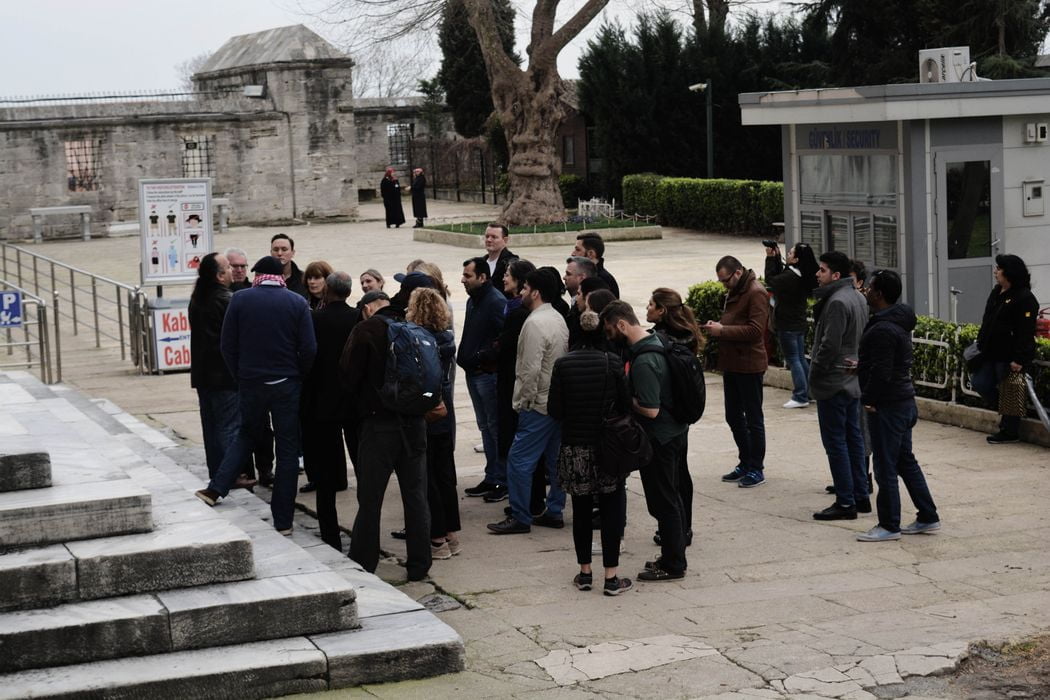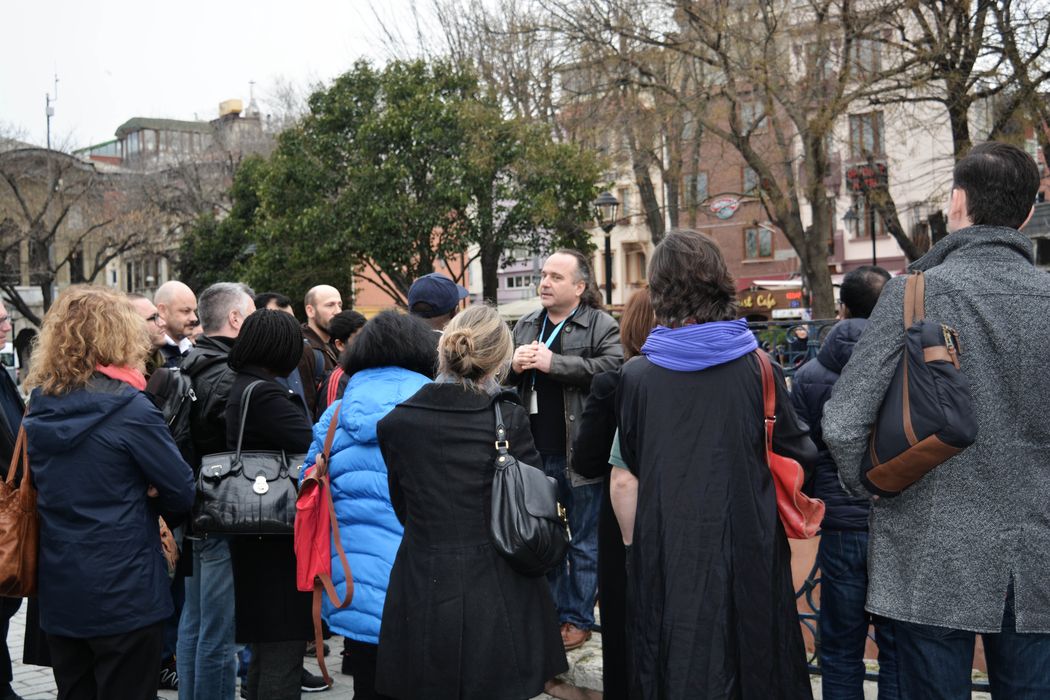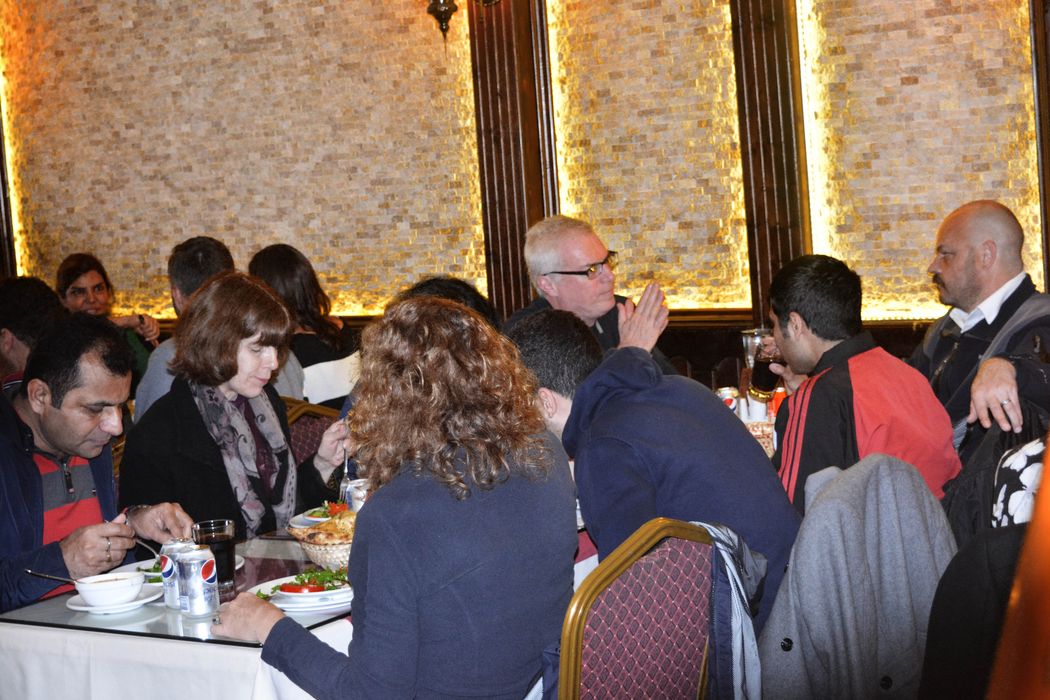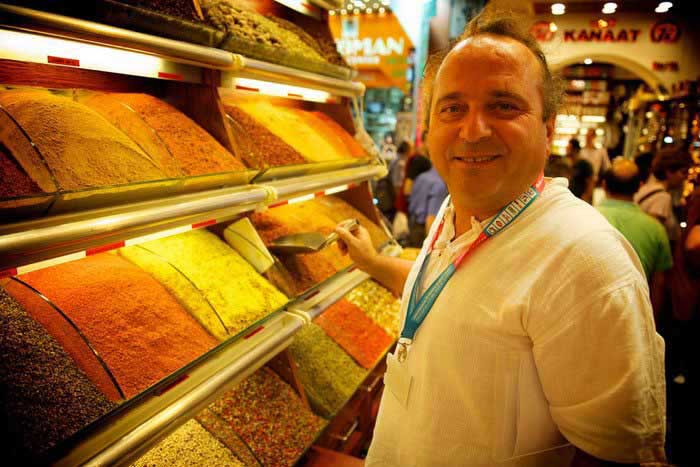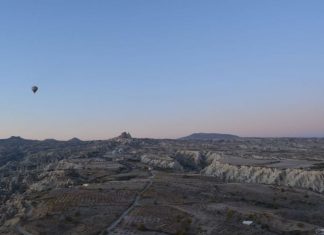Their women are of surpassing beauty, and are shown more respect than the men. The state of affairs amongst these people is indeed extraordinary. Their men show no signs of jealousy whatever; no one claims descent from his father, but on the contrary from his mother’s brother. A person’s heirs are his sister’s sons, not his own sons.
This is a thing which I have seen nowhere in the world except among the Indians of Malabar. But those are heathens; these people are Muslims, punctilious in observing the hours of prayer, studying books of law, and memorizing the Koran. Yet their women show no bashfulness before men and do not veil themselves, though they are assiduous in attending the prayers. Any man who wishes to marry one of them may do so, but they do not travel with their husbands, and even if one desired to do so her family would not allow her to go.
The women there have “friends” and “companions” amongst the men outside their own families, and the men in the same way have “companions” amongst the women of other families. A man may go into his house and find his wife entertaining her “companion” but he takes no objection to it. One day at Iwalatan I went into the qadi’s house, after asking his permission to enter, and found with him a young woman of remarkable beauty.
When I saw her I was shocked and turned to go out, but she laughed at me, instead of being overcome by shame, and the qadi said to me “Why are you going out? She is my companion.” I was amazed at their conduct, for he was a theologian and a pilgrim [to Mecca] to boot. I was told that he had asked the sultan’s permission to make the pilgrimage that year with his “companion”–whether this one or not I cannot say–but the sultan would not grant it.
From Walata to the river Niger
When I decided to make the journey to Malli [the city of Mali], which is reached in twenty-four days from Iwalatan if the traveller pushes on rapidly, I hired a guide from the Massufa–for there is no necessity to travel in a company on account of the safety of that road–and set out with three of my companions.
Read More about Ibn Battuta part 69

